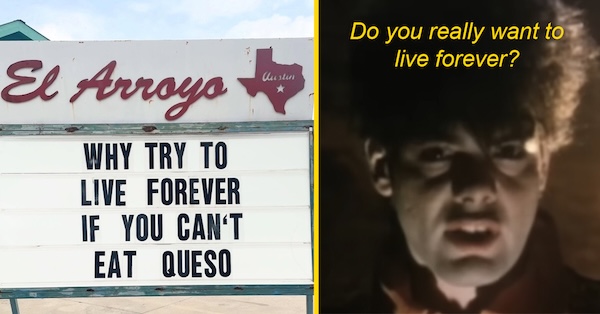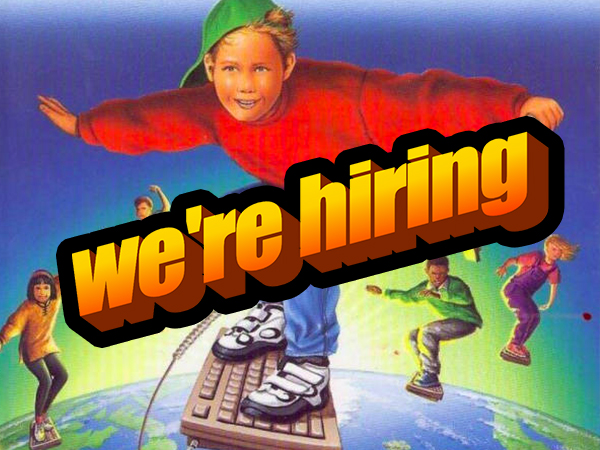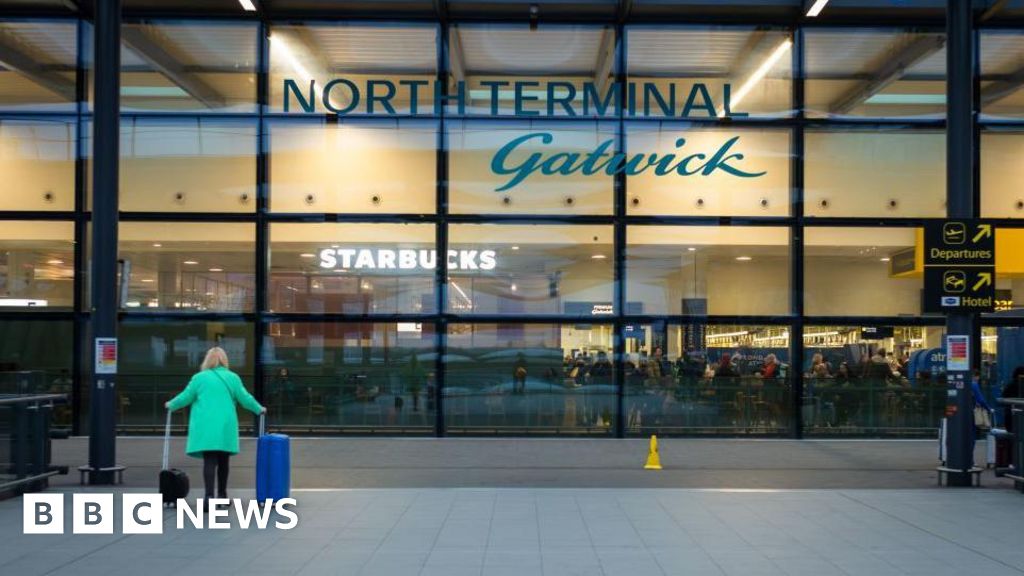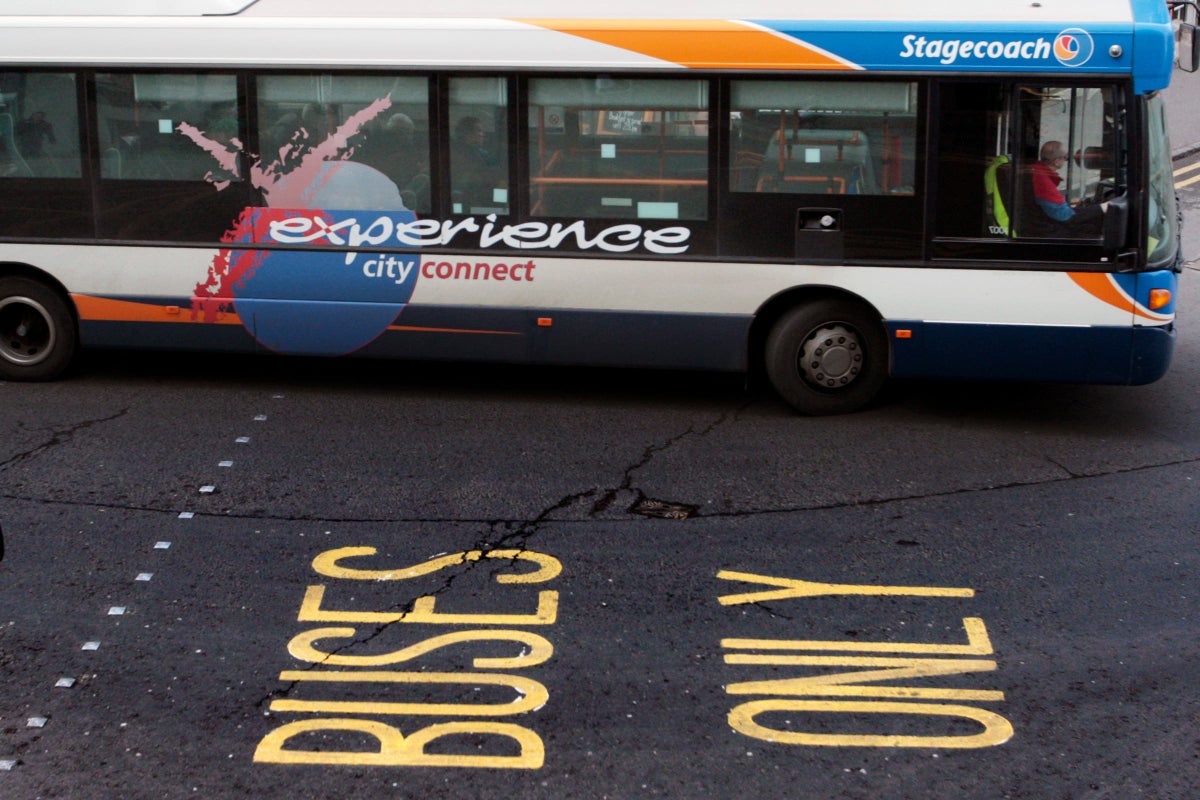Duolingo deletes all its TikTok videos after AI backlash—and then returns with a strange message
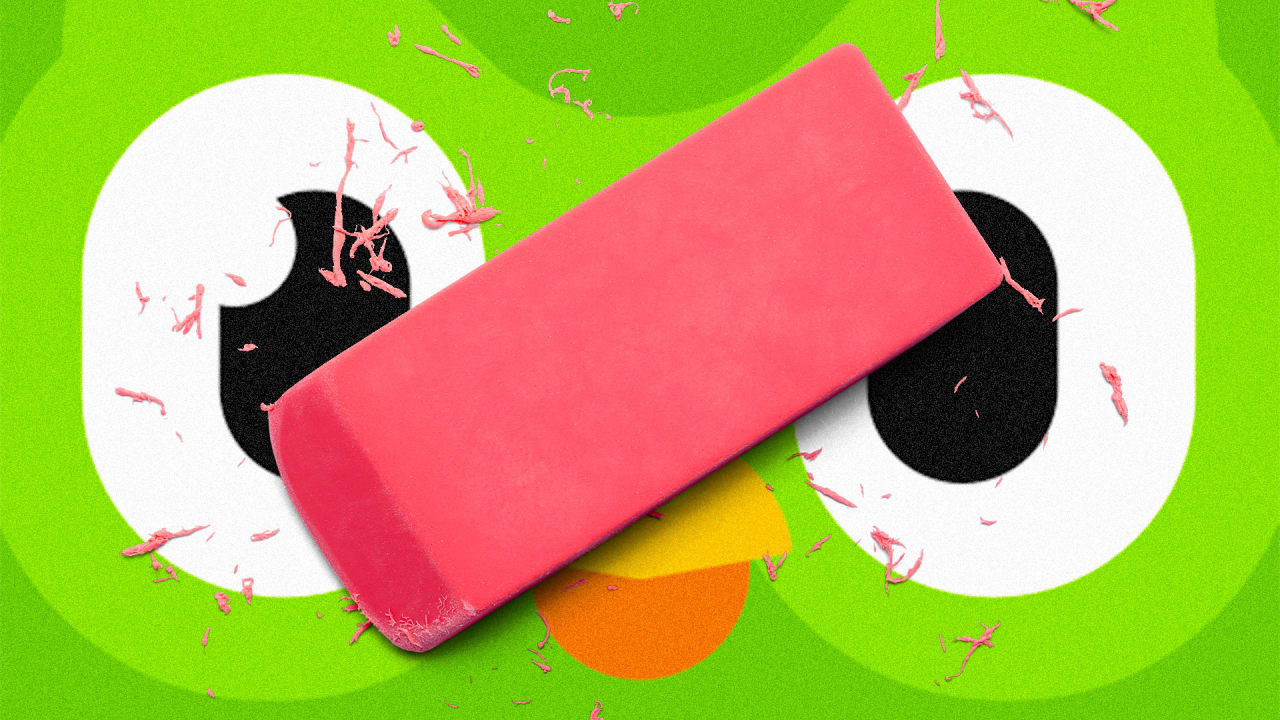
In any language, silence sounds just about the same. It carries a thunderous kick, though, when it comes from Duolingo, the world’s most popular language-learning app, and its famously irreverent social media presence.
Facing heavy backlash online after unveiling its new AI-first policy, Duolingo went dark over the weekend on the social media channels where it cultivated an enormous following with quirky posts. The company even took down all of its posts on TikTok and Instagram, where it has 6.7 million and 4.1 million followers, respectively, after both accounts were flooded with negative feedback. After days of silence, on Tuesday the company posted a bizarre video message on TikTok and Instagram whose meaning is hard to decipher.
Duolingo had been riding high before CEO Luis von Ahn announced on LinkedIn that the company is phasing out human contractors, looking for AI use in hiring and in performance reviews, and that “headcount will only be given if a team cannot automate more of their work.” The company ended 2024 with $748 million in revenue, up 41% year over year, and it had more than 116 million monthly active users and 9.5 million paying subscribers as of March. The previous month, the company had executed its most successful social media campaign ever, with the death (by Cybertruck) of the brand’s mascot, Duo the owl, and his eventual resurrection two weeks later. Duolingo has had such a tremendous year—with its stock near an all-time high, closing at $526 per share on Tuesday—that it recently raised its sales forecast for 2025. But that was before the backlash.
Duolingo previously faced criticism for quietly laying off 10% of its contractor base and introducing some AI features in late 2023, but it barely went beyond a semi-viral post on Reddit. Now that Duolingo is cutting out all its human contractors whose work can technically be done by AI, and relying on more AI-generated language lessons, the response is far more pronounced. Although earlier TikTok videos are not currently visible, a Fast Company article from May 12 captured a flavor of the reaction:
“The top comments on virtually every recent post have nothing to do with the video or the company—and everything to do with the company’s embrace of AI. For example, a Duolingo TikTok video jumping on board the “Mama, may I have a cookie” trend saw replies like ‘Mama, may I have real people running the company 💔’ (with 69,000 likes) and ‘How about NO ai, keep your employees.’ Another video that tied into the How to Train Your Dragon character Hiccup brought comments like ‘Was firing all your employees and replacing them with AI also a hiccup?’”
This weekend Duolingo expunged all its videos and photos on TikTok and Instagram, and ceased putting out new content on all other channels.
“Let’s just say we’re experimenting with silence,” a spokesperson for Duolingo told Fast Company over email. “Sometimes, the best way to make noise is to disappear first.”
If that last line sounds like a cryptic Don Draperism, it recalls one of the more famous pieces of advice from Mad Men: “If you don’t like what is being said, change the conversation.” Over the past several days, the silence made it seem like Duolingo was gearing up for another of its signature viral stunts. Sure enough, on Tuesday, one arrived.
Duolingo’s first video drop in days has the degraded, stuttering feel of a Max Headroom video made by the hackers at Anonymous. In it, a supposed member of the company’s social team appears in a three-eyed Duo mask and black hoodie to complain about the corporate overlords ruining the empire the heroic social media crew built. “Everything came crashing down after one single post about AI,” our interlocutor says, a winking nod to the cause of the backlash.
The problem, however, wasn’t “one single post” about AI, but the company’s policies around AI. If the problem were just a cute post that went sideways, it could be solved with another cute post. But this is something Duolingo can’t cute-post its way out of.
It’s the double-edged sword of a company becoming famous for its fun, massively popular social media presence: When social media turns on you, it’s a lot more noticeable. Creating a kooky, personality-driven brand identity online has zero downside until the moment a company must respond to an actual backlash in the exact same digital town square where it conducted all that brand-building business. Now Duolingo has thrust itself into what looks like a can’t-win double-bind, whereby posting through it might seem callous and tone-deaf, but addressing the controversy seriously would be a jarring disruption that plays like it was filmed at gunpoint.
Wendy’s, which kind of pioneered the unhinged corporate brand account in the early 2010s, faced a similar dilemma last year. When the company appeared to float the idea of implementing surge pricing on its burgers, fans revolted on social media. Some responded to typically cheeky Wendy’s posts by mocking the brand’s attempt to harness internet humor at a time when the internet was mad at that brand. In that case, Wendy’s quickly denied plans to implement surge pricing, and disgruntled fans moved on nearly as quickly. Duolingo, on the other hand, has not yet meaningfully addressed the policies that inspired the backlash against it.
Now the Duolingo social media team is trying to have it both ways, taking an ironic, postmodern approach to address a serious issue, instead of breezing past it. Without the company confronting the controversy elsewhere, though, the subtext of every cute social post is that the customers unhappy with Duolingo’s AI direction are not worth taking seriously.
“We can’t just move on and pretend everything’s fine,” the mask-wearing Duolingo employee says at one point in the new video. He’s flicking at the idea of taking accountability for the AI fallout, but in the video, it’s meant to be a rejoinder from the Duolingo social team to the faceless entities above who’ve made them look bad. It’s difficult to parse the exact message here. The video is somehow simultaneously defensive, satirical, avoidant, and flippant. Though it may be the opening salvo in a broader message, for now it seems like a half-baked rush response to a very real issue—the Duolingo brand version of just moving on and pretending everything’s fine.
Judging by the eyeroll-y comments on the brand’s TikTok post, though, users can sense as much. It doesn’t take a language-learning app to know how to read between the lines.
What's Your Reaction?
 Like
0
Like
0
 Dislike
0
Dislike
0
 Love
0
Love
0
 Funny
0
Funny
0
 Angry
0
Angry
0
 Sad
0
Sad
0
 Wow
0
Wow
0





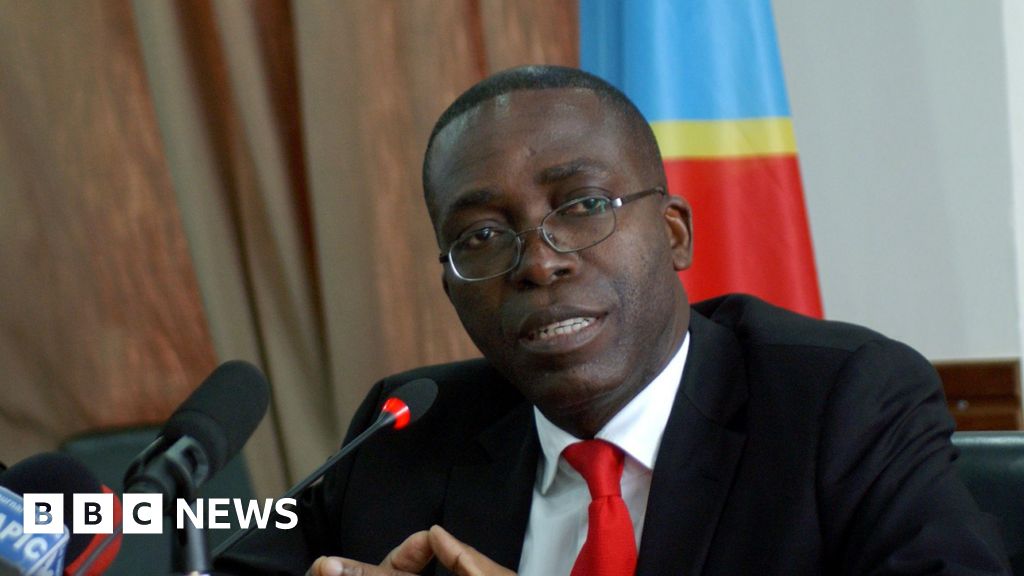




























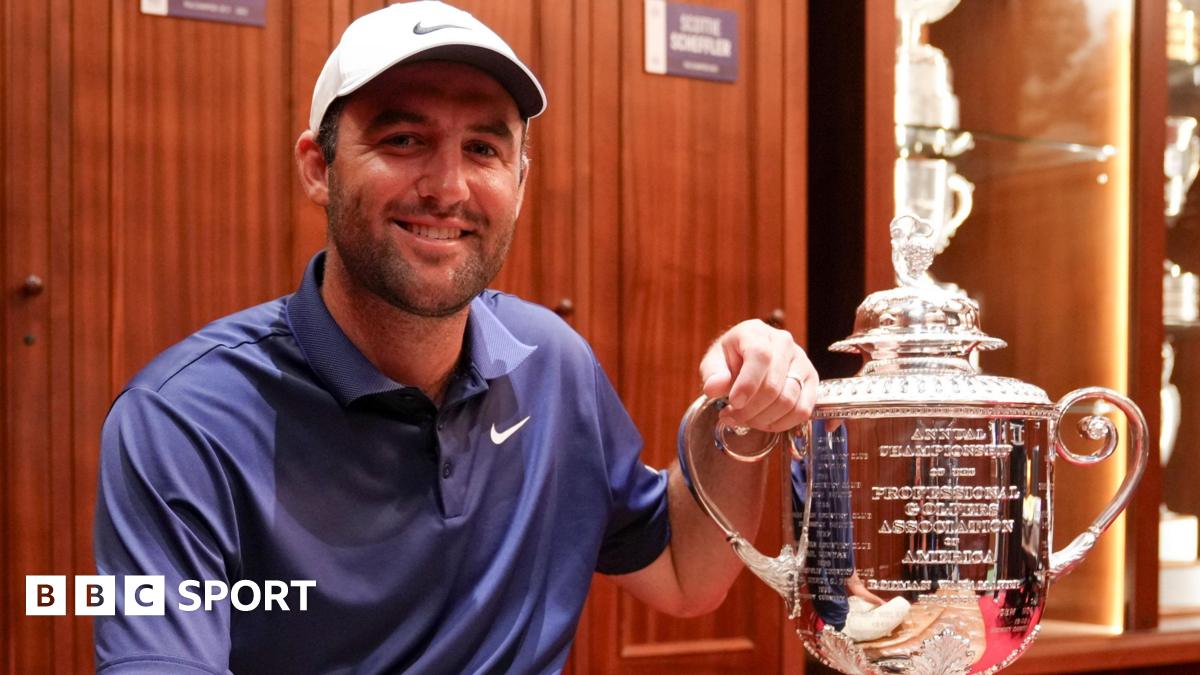

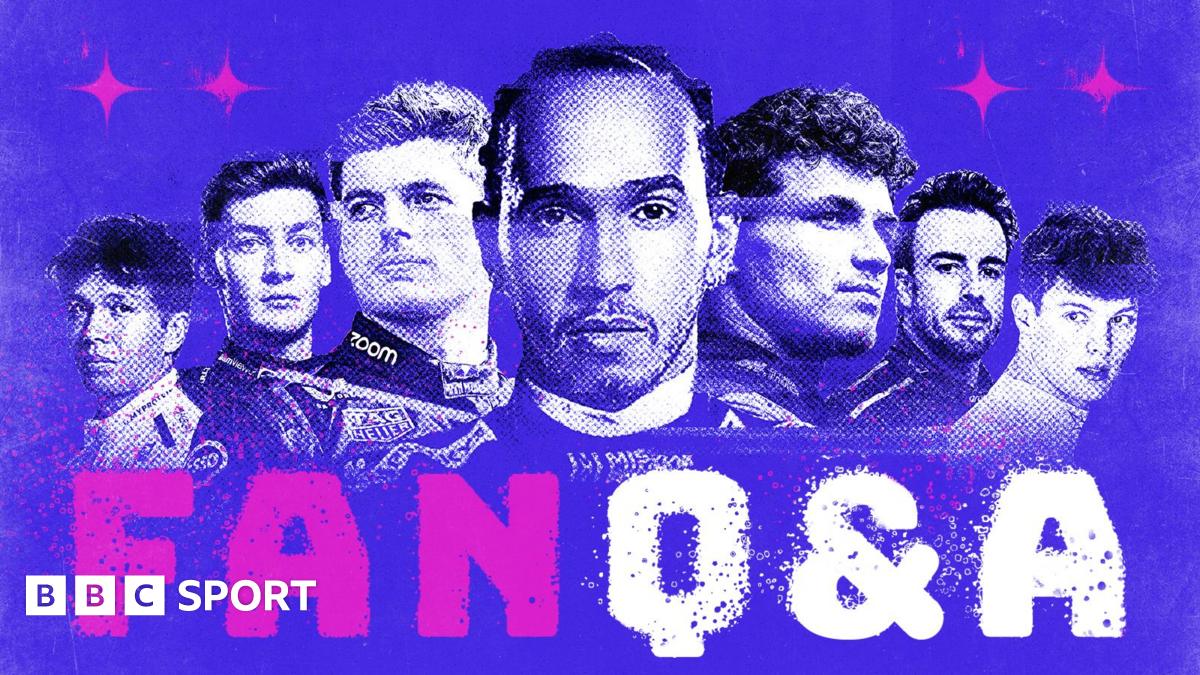


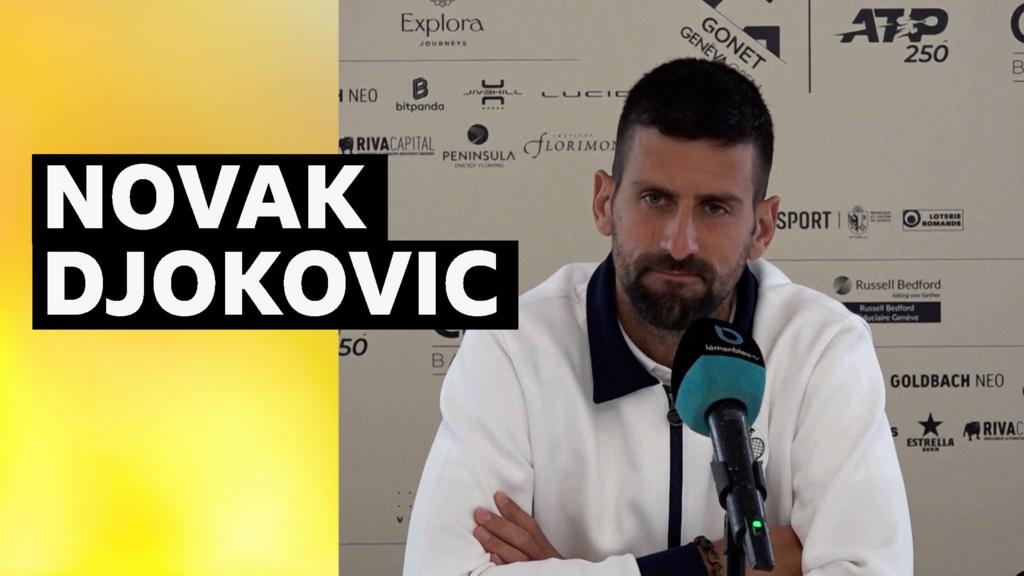




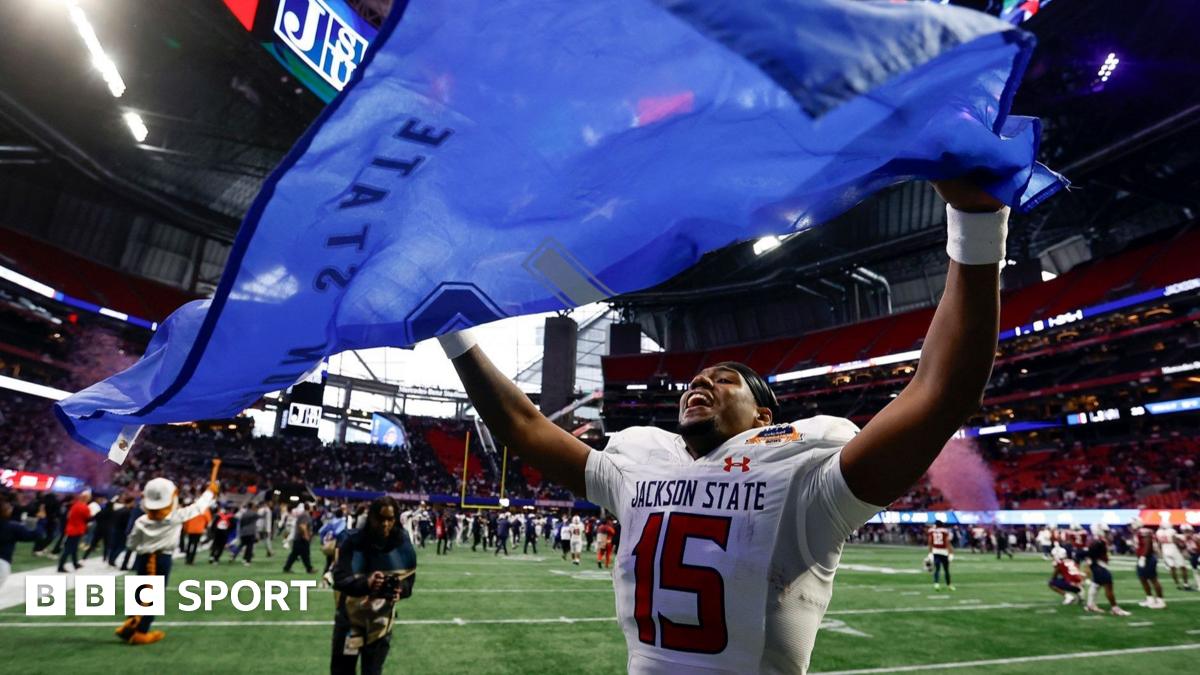



![FBI: Most Wanted’s Closure-Filled Series Finale Reveals a Pregnancy, a Big Career Move and a New [Spoiler]](https://tvline.com/wp-content/uploads/2025/05/fbi-most-wanted-series-finale.jpg?#)






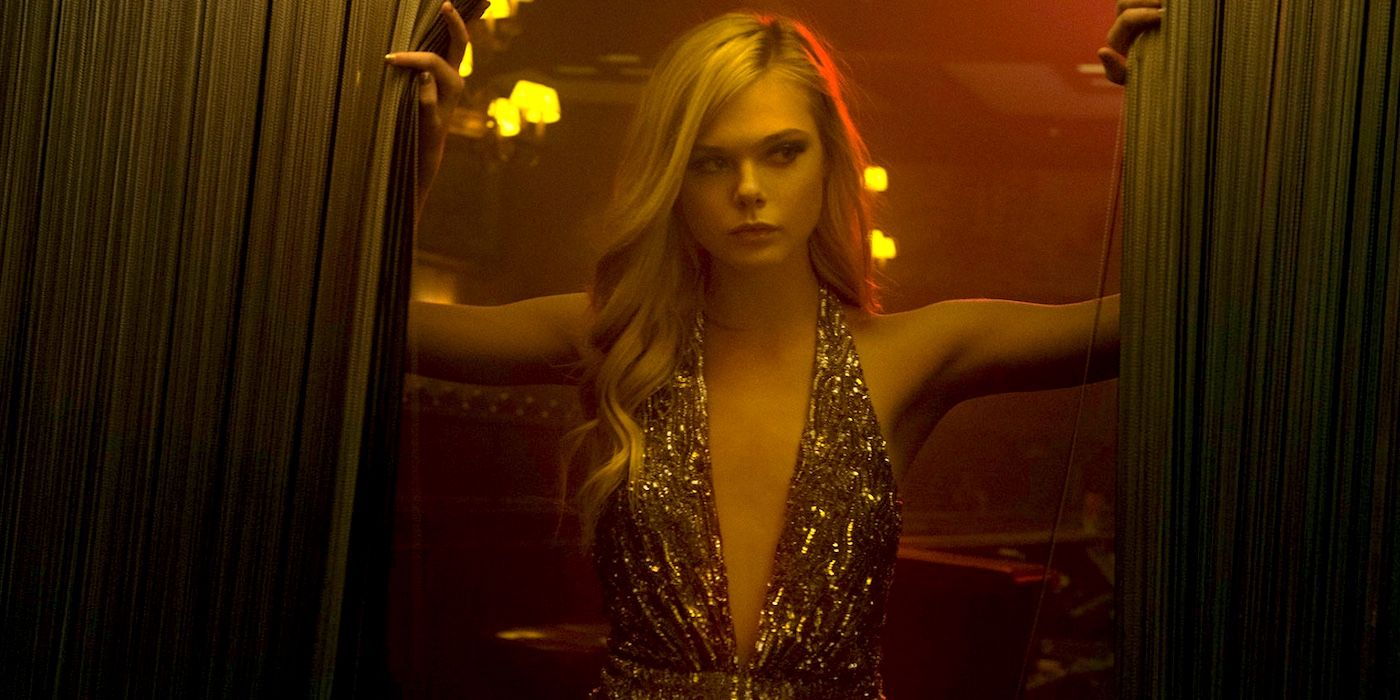


![Spine-Tingling FBI Season 7 Finale Leaves [Spoiler]’s Life in Limbo](https://tvline.com/wp-content/uploads/2025/05/fbi-season-7-finale-isobel-alive-dead.jpg?#)





